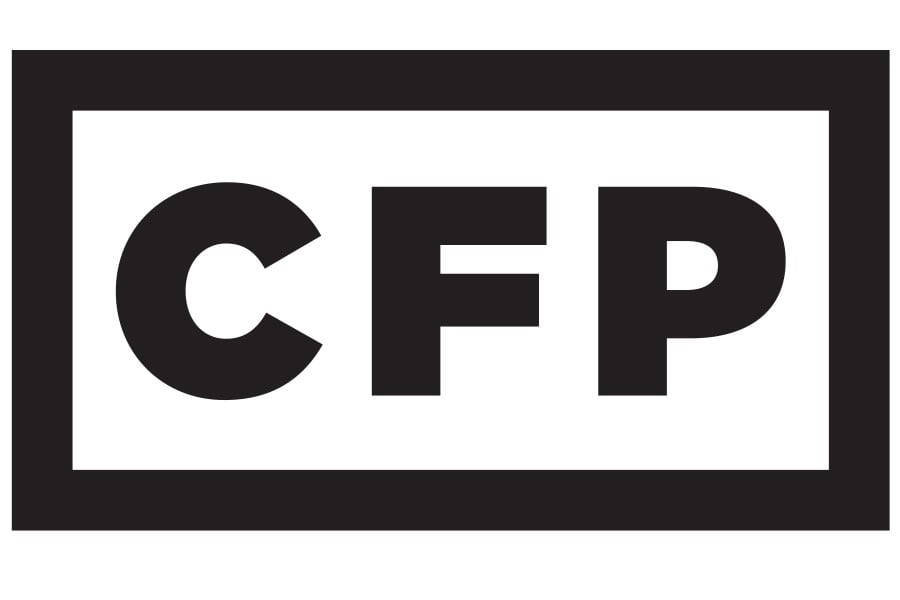

The Certified Financial Planner Board of Standards Inc. next year will rethink what kind of knowledge, skills and abilities financial advisers should possess to obtain and hold the credential.
The CFP Board announced Tuesday it will form a Competency Standards Commission in early 2023. The group — made up of people from the financial industry, educators, certification and credentialing experts and members of the public — will conduct a comprehensive review of the education, examination, experience and continuing education requirements related to the CFP mark.
The effort will be similar to the CFP Board’s assessment of the credential’s ethical standards several years ago, which led to expanding the fiduciary duty that CFP holders have to their clients when providing investment advice.
“I think this is an important step as we think about the emergence of the financial planning profession,” CFP Board CEO Kevin Keller said in an interview at the Financial Planning Association’s annual conference in Seattle. “The public, advisers, firms all recognize CFP certification as the standard for financial planning, and there’s never been a thorough review. I think it’s time for us to do that.”
Under current rules, a person must be a college graduate to pursue the CFP credential and must complete 30 hours of continuing education every two years to renew it. The commission will take a fresh look at such requirements and either validate them or recommend changes to the CFP Board.
The CFP Board expects to name members of the commission in February. The group’s work will take about 24 months. The commission is one of the initiatives contained in the strategic plan the CFP Board released in November 2021.
The CFP Board’s review of competency standards is occurring at the same time that FPA is undertaking an effort to obtain legal protection for the title “financial planner.” That involves setting competency and ethical standards for financial planning.
“The CFP designation and the standards it represents have become the foundation for financial planning,” James Lee, owner of Lee Investment Management, said at a reception Monday at the FPA conference.
But Lee added that there are no “universally accepted standards” that people must meet before calling themselves financial planners. He sees title protection as the “bridge” to establishing financial planning as a profession.
“Financial planning will never be a distinct profession until it’s recognized by all segments of society — that is, consumers, practitioners and regulators,” Lee said.
The question is whether FPA is trying to reinvent a wheel the CFP Board has already created.
“We think the CFP certification is the standard,” Keller said.
He points out that the CFP Board has invested $150 million over the last 12 years in an advertising campaign to raise public awareness about the credential. It also has spent millions of dollars enforcing the ethical standards attached to it.
“We’re working very hard to make sure the public recognizes CFP as the standard for financial planning,” Keller said.
As the CFP Board’s commission launches next year, the FPA will be holding meetings with planners and others to determine threshold competency and ethical standards that will serve as the foundation for title protection.
The CFP Board is the professional body for the approximately 94,000 CFPs in the United States. The FPA has about 19,000 members, the vast majority of whom hold CFPs.
“FPA describes itself as the leading membership organization for CFP® professionals, therefore CFP Board hopes that what they advocate for will be based on the competency and ethical standards of CFP® certification,” the CFP Board said in a statement.
Title protection is “a very seductive concept,” Keller said. “When you get down into the details, though, I think that’s what we’ll be interested to hear. How do they think it’s going to work?”

Rajesh Markan earlier this year pleaded guilty to one count of criminal fraud related to his sale of fake investments to 10 clients totaling $2.9 million.

From building trust to steering through emotions and responding to client challenges, new advisors need human skills to shape the future of the advice industry.

"The outcome is correct, but it's disappointing that FINRA had ample opportunity to investigate the merits of clients' allegations in these claims, including the testimony in the three investor arbitrations with hearings," Jeff Erez, a plaintiff's attorney representing a large portion of the Stifel clients, said.

Chair also praised the passage of stablecoin legislation this week.

Maridea Wealth Management's deal in Chicago, Illinois is its first after securing a strategic investment in April.
Orion's Tom Wilson on delivering coordinated, high-touch service in a world where returns alone no longer set you apart.
Barely a decade old, registered index-linked annuities have quickly surged in popularity, thanks to their unique blend of protection and growth potential—an appealing option for investors looking to chart a steadier course through today's choppy market waters, says Myles Lambert, Brighthouse Financial.
